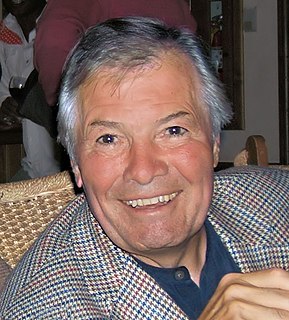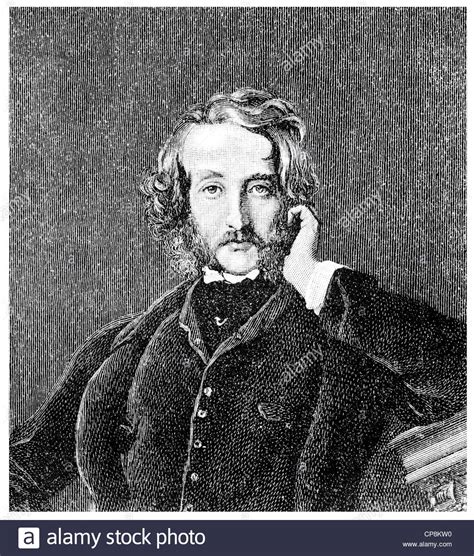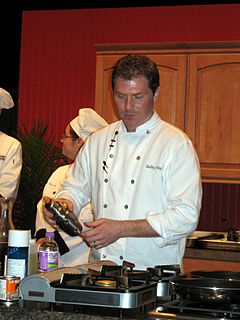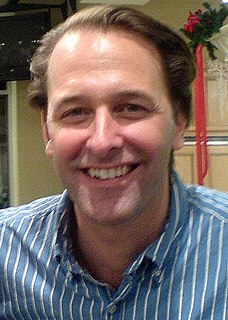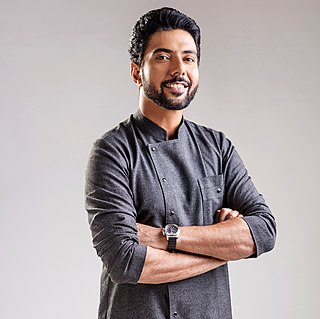A Quote by Paul Valery
Science means simply the aggregate of all the recipes that are always successful. All the rest is literature.
Quote Topics
Related Quotes
Why can't we simply borrow what is useful to us from Buddhism, Hinduism, Taoism, especially Zen, as we borrow from Christianity, science, American Indian traditions and world literature in general, including philosophy, and let the rest go hang? Borrow what we need but rely principally upon our own senses, common sense and daily living experience.
The absurdly neurotic role you and the rest of your kind have always attributed to me Erato, the Goddess Muse of Erotic Poetry bears no relation at all to reality. As a matter of fact, I was trained as a clinical psychologist. Who simply happens to have specialized in the mental illness that you, in your ignorance, call literature.

